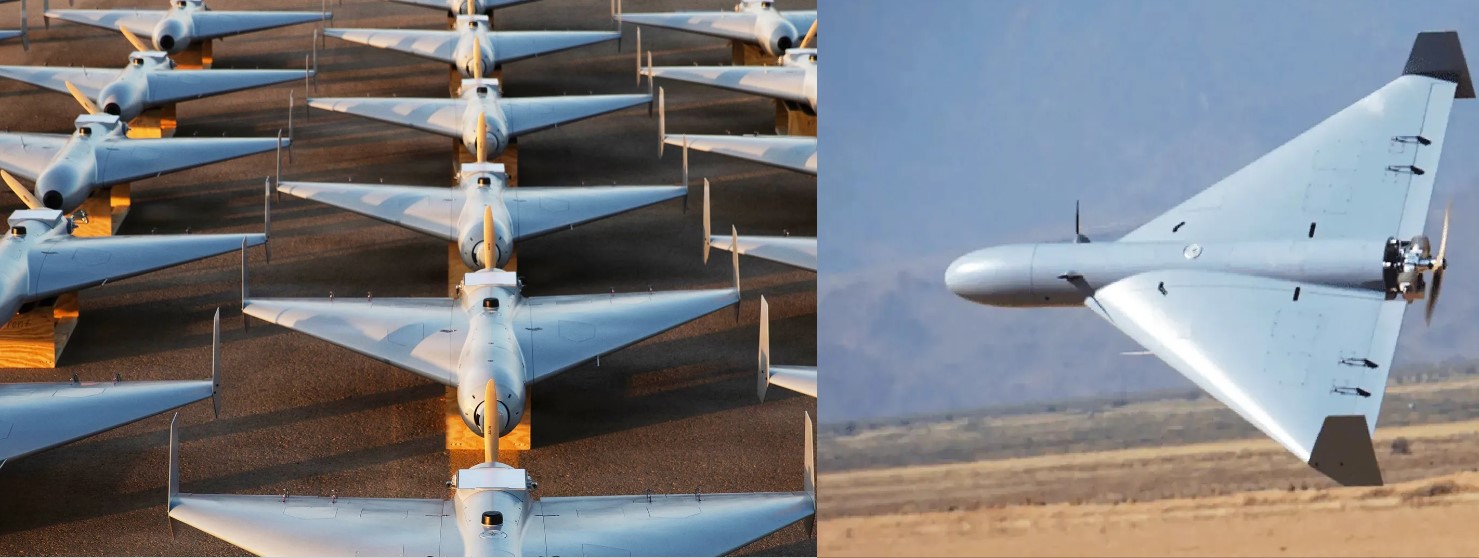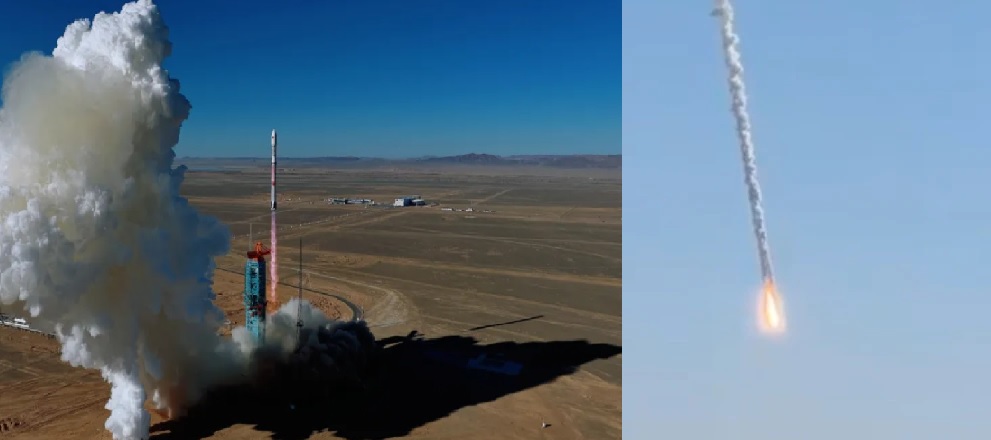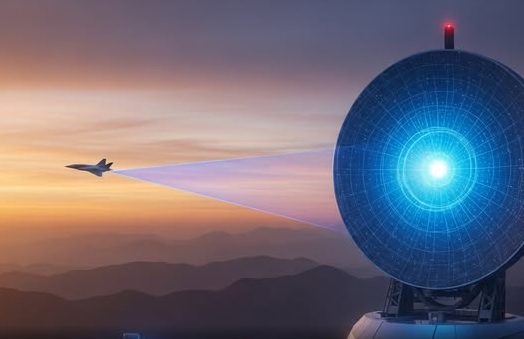Pakistan Show Interest in LY-1 Chinese Laser Weapons For Naval Defense

Pakistan is showing strong interest in integrating China's advanced laser weaponry into its military systems, aiming to strengthen its naval defense amid rising regional tensions. This was highlighted by Vice-Admiral (Retd.) Ahmed Saeed, President of the National Institute of Maritime Affairs, at Beijing’s Xiangshan Forum. He stated that high-energy directed weapons are becoming a major part of modern warfare and Pakistan seeks closer integration with China in this field.
China’s LY-1 Laser Weapon
One of China’s latest developments is the LY-1 shipborne laser weapon, showcased during the 80th-anniversary Victory Day Parade. This system is designed to shoot down drones, blind sensors, and disable electronics, providing a modern alternative to conventional projectiles. The LY-1 represents a technological leap in high-energy laser weapons, capable of being deployed on naval platforms, though the exact ships remain undisclosed.
The LY-1 complements China’s existing shipborne air defense systems, forming a multi-layered defense network that can protect maritime assets against both traditional and advanced aerial threats. It is seen as China’s answer to the U.S. High-Energy Laser with Integrated Optical Dazzler and Surveillance (HELIOS) deployed on Arleigh Burke-class destroyers.
Pakistan’s Strategic Goals
Pakistan’s interest in Chinese laser weapons is consistent with its long-term defense strategy. The country is the largest importer of Chinese military equipment, accounting for a significant share of China’s arms exports from 2020 to 2024. This partnership has included fighter jets, submarines, and air defense systems, and now Pakistan seeks more integrated weapons systems, including both hardware and software, to enhance interoperability with China.
The integration of directed energy weapons like the LY-1 could give Pakistan an edge in countering drones, missiles, and other emerging threats, ensuring a modern and responsive defense posture. Pakistan is also aiming to combine experiences with both Beijing and Washington for technology and intelligence sharing in counter-terrorism operations.
Regional Implications
The potential deployment of Chinese laser weapons in Pakistan could shift regional security dynamics. While Pakistan views this as strengthening its defense, neighboring countries may see it as a challenge to the balance of power, possibly prompting accelerated defense modernization programs and creating a new strategic environment in South Asia.
In conclusion, Pakistan’s pursuit of Chinese high-energy laser technology reflects its goal to modernize its defense systems and strengthen naval and aerial security. As directed energy weapons become a key element in modern warfare, Pakistan’s collaboration with China could play a pivotal role in shaping future regional defense strategies.
✍️ This article is written by the team of The Defense News.






